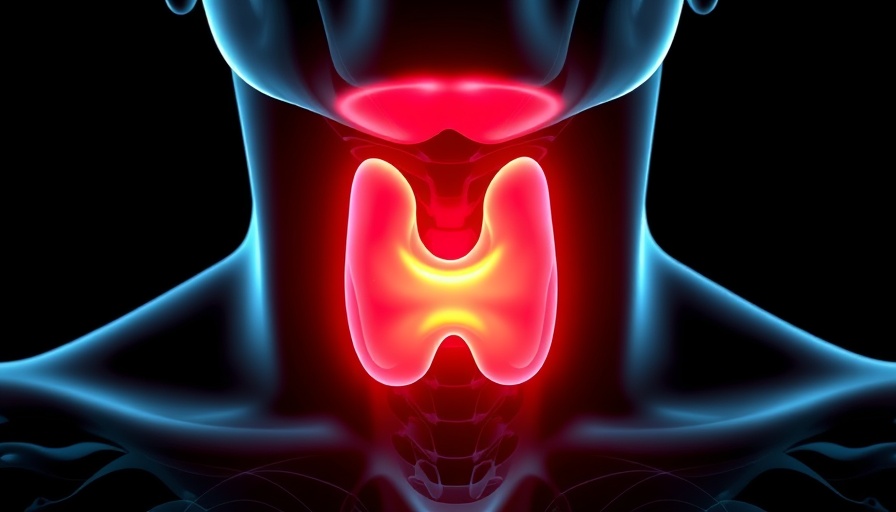
Understanding the Distinction: Healing vs Comfort Psychology
In our quest for wellness, many of us often conflate healing with comfort, overlooking a vital truth: these are not synonymous. Healing refers to a transformative journey that confronts and dismantles pain, whereas comfort often serves as a temporary refuge from it. When we seek comfort, we might ignore the deeper work required to address our emotional scars—a reality that can ultimately hinder long-term growth.
Why Embracing Discomfort is Essential for Growth
Discomfort might not seem appealing, yet it is crucial for genuine healing. Facing our fears and vulnerabilities allows us to peel back layers of our emotional experiences. This brave journey can spark profound realizations about ourselves. By embracing discomfort, we gain a better understanding of our needs, motivations, and inherent strengths, paving the way to real change.
The Role of Community in the Healing Process
While healing can often feel like an individual journey, community support remains a significant element. Engaging with others who have faced similar struggles fosters encouragement and shared wisdom. Local support groups and community initiatives are great avenues for individuals to unite and discuss their healing journeys, thus enhancing personal growth and community cohesion.
Common Misconceptions about Comfort
It’s easy to mask pain with comfort—whether through indulgent treats, entertainment, or escapism—yet this can lead us to overlook underlying issues. Many are misled into believing that comfort is inherently beneficial. In reality, it can prevent us from progressing toward healing, keeping us tethered to patterns that fail to serve our well-being in the long run.
Taking Action: Steps Toward True Healing
Recognizing the shift from comfort to healing involves actionable steps. Begin by identifying emotional triggers that prompt a desire for comfort. Once acknowledged, consider journaling your feelings or discussing them with a trusted friend. Seeking professional help, such as therapy, can also provide guided support to navigate your healing journey.
Ultimately, it’s crucial to reframe our mentality. Instead of opting for immediate comfort, let’s invest in the harder yet rewarding path of healing. This paradigm shift can lead to meaningful personal transformation.
 Add Row
Add Row  Add
Add 



Write A Comment